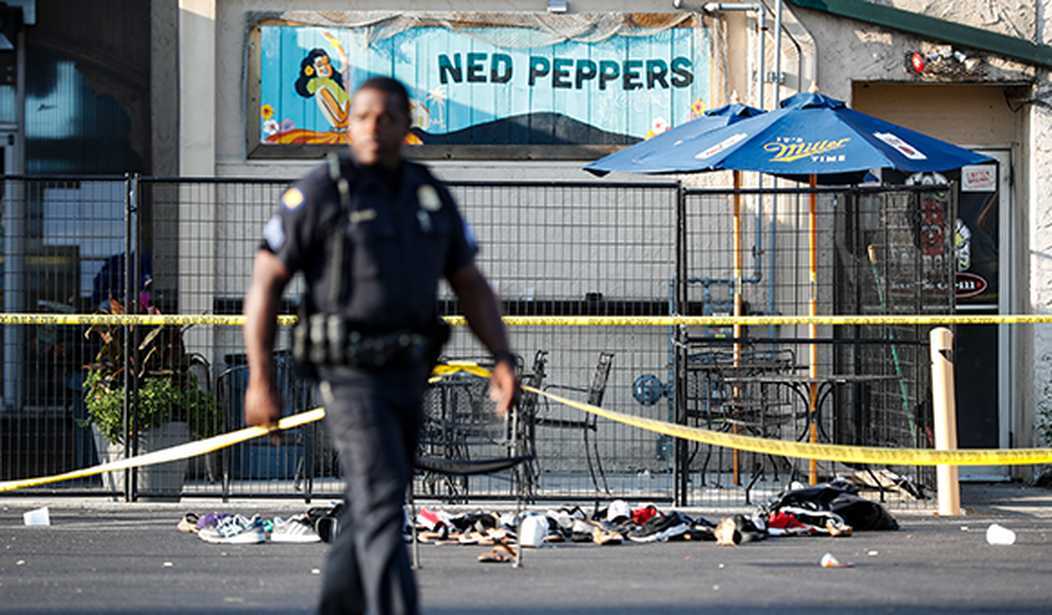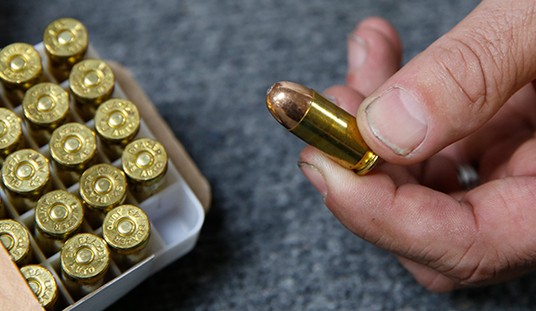The media spends an awful lot of time on mass shootings, and if you look at it objectively, it makes sense. Mass shootings draw a lot of attention. So much so that some people will read anything with a headline talking about mass shootings. You know, kind of like this story.
Anyway, earlier this week, The Hill ran a story that was bound to trouble a whole lot of people. After all, it claimed that 158 House districts were host to a mass shooting this year alone.
More than a third of all House lawmakers represent districts where a mass shooting has occurred this year, highlighting the bipartisan pressure on Congress to take action on gun legislation after a wave of killings in Texas and Ohio during August.
An analysis by The Hill found that about two-thirds of those shootings have taken place in districts represented by Democrats, many of whom represent cities hard-hit by the scourge of gun violence, while a third occurred in Republican-held districts, from the suburbs to rural communities.
Through Friday, 158 congressional districts had experienced at least one mass shooting this year. Fifty-two of those districts are held by Republicans, and 106 are represented by Democrats.
The rash of mass shootings has prompted a kind of rote habit among members of Congress who all too often find themselves grieving alongside their constituents. In interviews, lawmakers said they raced to the scenes of mass shootings, then spent the ensuing weeks helping facilitate government assistance to first responders and victims in between memorial services and vigils.
Wow. A third of all House districts? That’s awful.
It’s also complete and total male bovine excrement.
You see, the numbers are real…sort of. All the events being counted did actually happen, but what matters is who did the counting.
More than 315 mass shootings have taken place this year alone, according to the Gun Violence Archive, which tracks incidents in which four or more people are injured or killed. Those shootings have claimed the lives of at least 346 people, and another 1,200 have been injured.
The problem is that the Gun Violence Archive is notoriously broad in its definition of what constitutes a mass shooting. Their definition bears little similarity to the FBI’s definition of mass murder, where four or more people are killed during a single event. The FBI’s definition is broad only in regard to the weapon, so a bomb attack or a stabbing spree both qualify.
One would think that a mass shooting should be a subset of mass murder and follow a similar definition.
Further, many of the actions Gun Violence Archive terms as “mass shootings” are actually gang violence. This is a separate problem completely unrelated to the issues of mass shootings.
It’s also why mass shootings tend to happen in more rural or suburban areas yet Gun Violence Archives reports far more such shootings in Democratic districts. Democrats often represent urban areas where gang violence is more likely to be an issue than out in the sticks.
Yet gang violence is a separate issue with a completely different set of approaches for dealing with it, especially as many armed gang members are already prohibited from owning firearms in the first place. It’s a whole other ball of wax and we all know it.
So conflating such incidents doesn’t do anything but muddy the already muddied waters surrounding mass shootings.
What’s more, it’s reporting like this that has led a third of the population to believe most people killed with guns are killed in mass shootings. How can they not when they’re told that mass shootings are happening every day and in every place?
Sites like Gun Violence Archive are nothing more than anti-gun propaganda manipulating real events to paint a very different picture of what’s really happening. They need to stop it and sites like The Hill need to stop referencing them.
Bad information like that doesn’t help anyone in the long run.








Join the conversation as a VIP Member